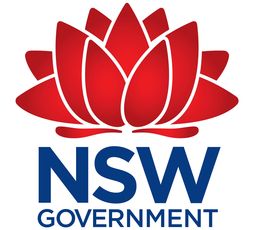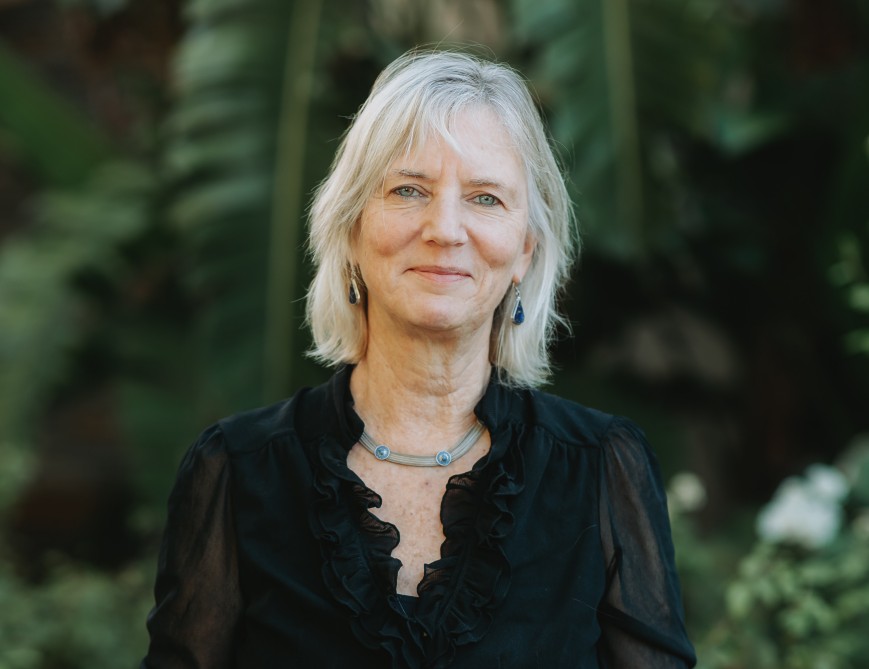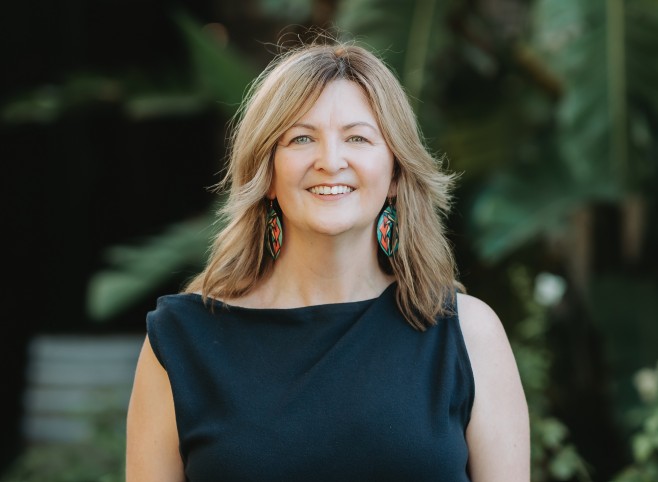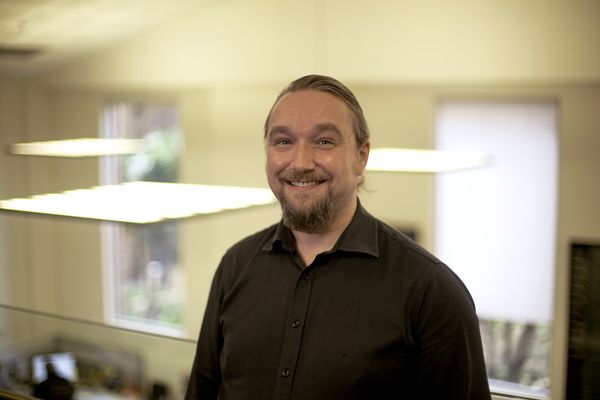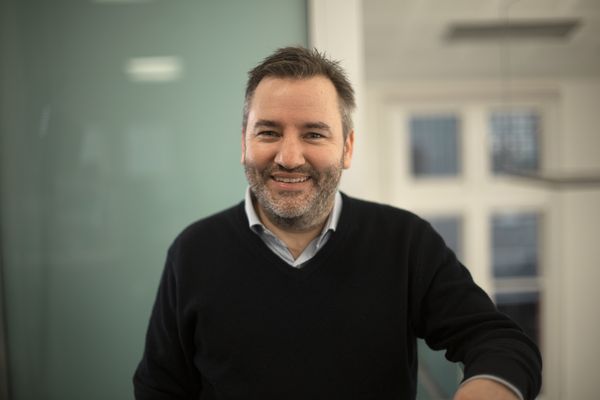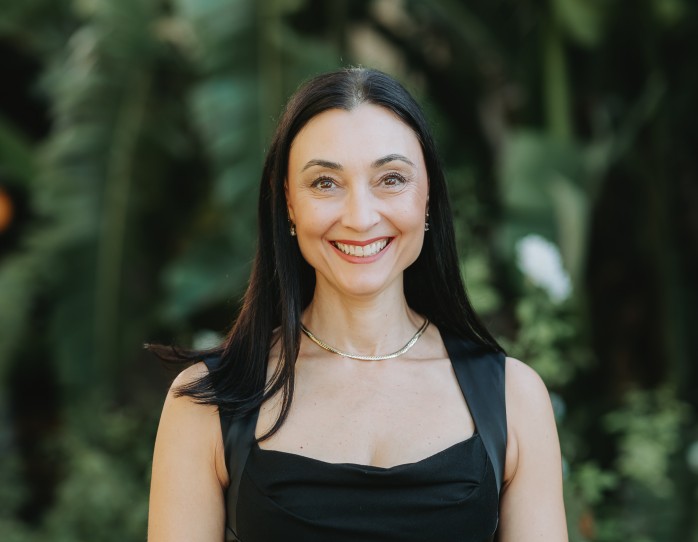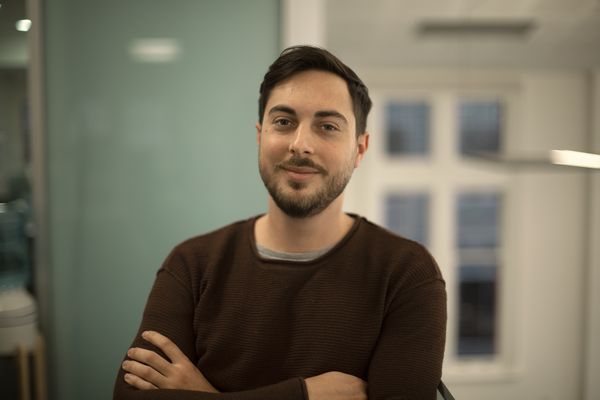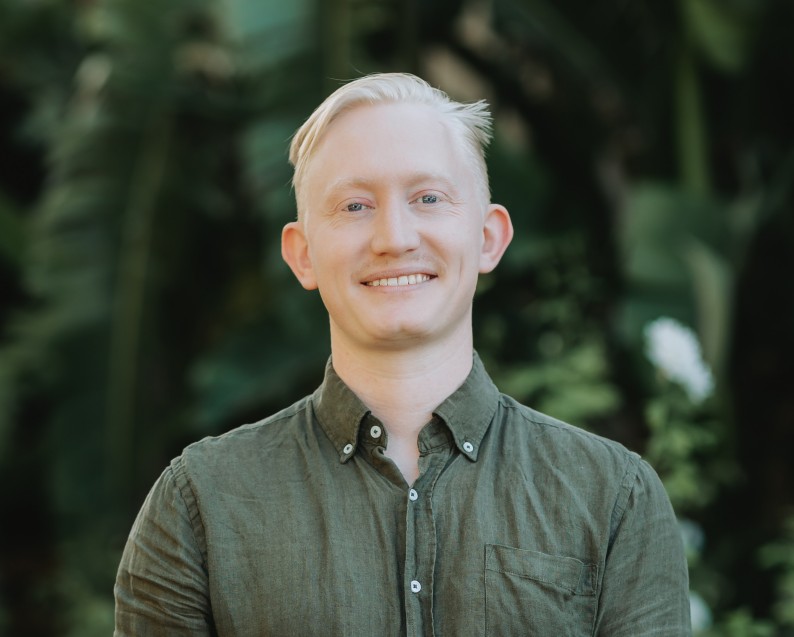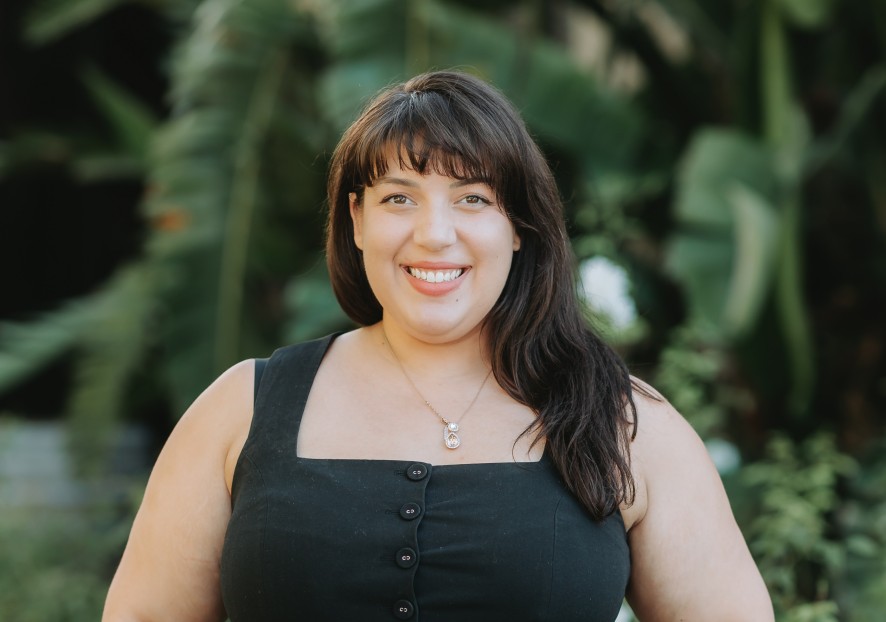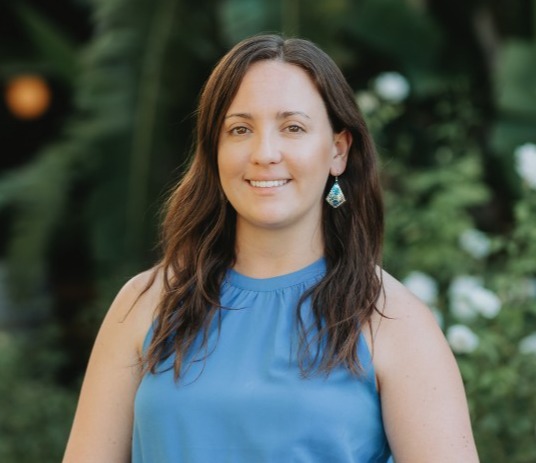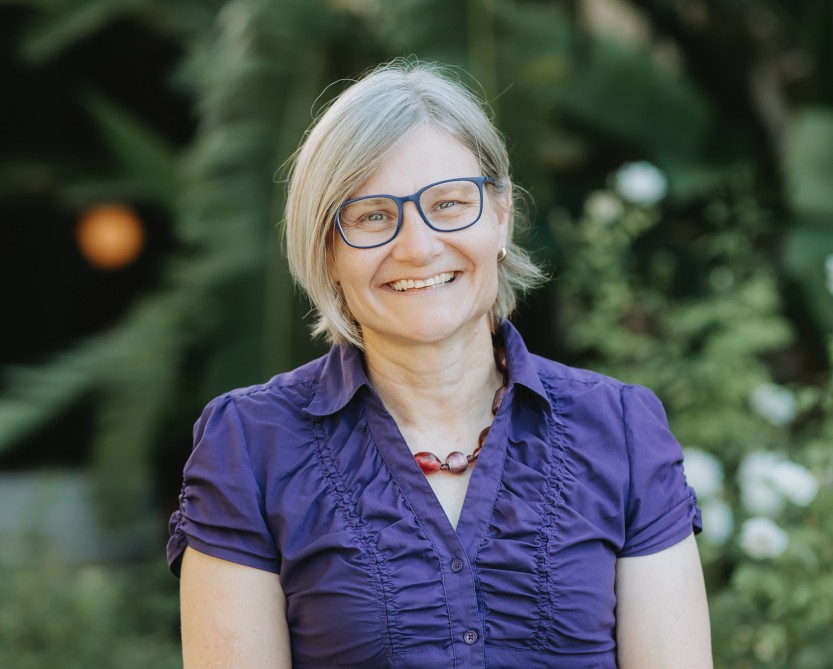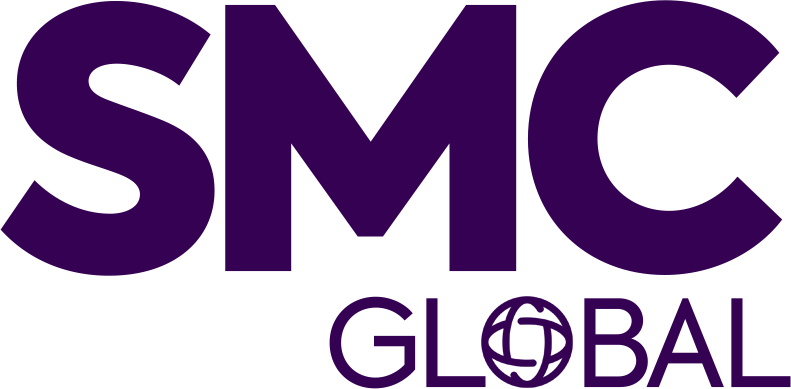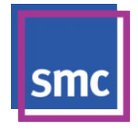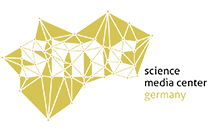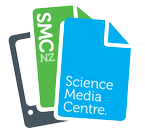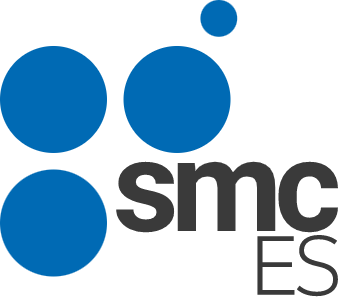OUR HISTORY
The mainstream media is the most important source of information on science and technology for the Australian public, and yet the relationship between scientists and the media is often fraught and difficult. The AusSMC exists to support both scientists and journalists to ensure that the public has access to the best scientific evidence and expertise.
The idea to set up an Australian Science Media Centre (AusSMC) came from the Adelaide Thinkers in Residence program. Though independent from it, the AusSMC is based on the successful UK Science Media Centre that was established in London in 2002.
The AusSMC was established as an independent, not-for-profit organisation in late 2005. For 15 years, the Centre was housed in the old Adelaide Stock Exchange building until its move to Lot Fourteen in early 2025. The AusSMC is now one of seven international independent SMCs (UK, Australia, NZ, Canada, Germany, Taiwan and Spain).
In response to a demand from journalists, the AusSMC launched a breaking science news portal, Scimex.org (Science Media Exchange) in 2015 to provide the media with access to scientific expertise, independent expert reaction, multimedia and research stories from Australia, NZ and the Pacific. Scimex is now used by around 2,500 journalists and distributes more than 3,000 stories each year.
In December 2024, the AusSMC was endorsed as a deductible gift recipient (DGR) meaning donations of $2 and more are now tax-deductible in Australia. The Centre moved to TechCentral at Lot Fourteen on Frome Road in Adelaide in March 2025.













